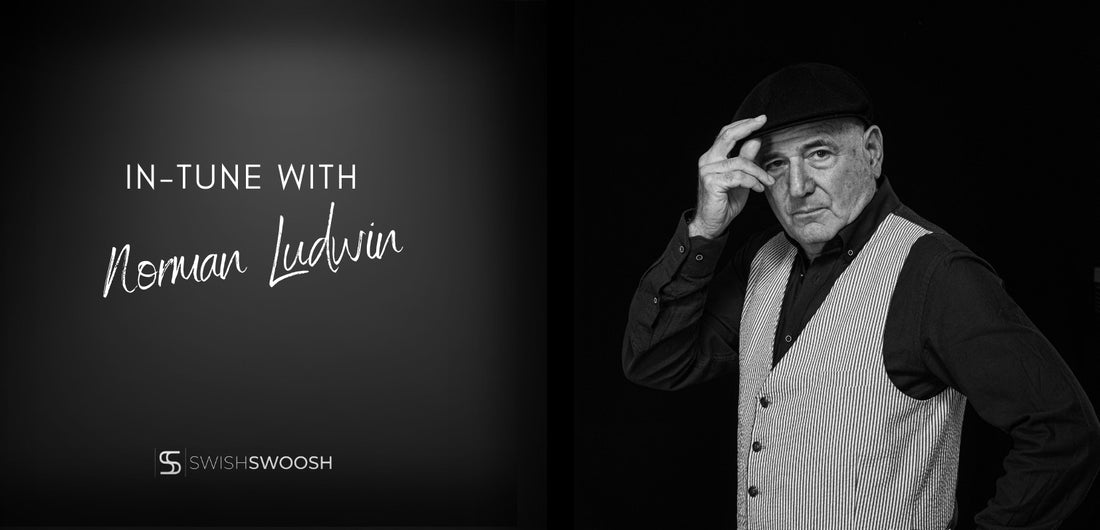
In-Tune with Norman Ludwin
Norman Ludwin is a highly experienced orchestrator, composer, double bassist, and educator in Hollywood. With over 50 years of experience in orchestras and studios, he has worked on more than 200 Hollywood films and TV series. Ludwin has collaborated with renowned figures like Michael Giacchino and J.J. Abrams, contributing his expertise in orchestral music and orchestration. In addition to his extensive work in the industry, he has written several books on the subject and is passionate about teaching, sharing his knowledge through lectures and workshops in various cities around the world.
View the full video interview below:
Can you briefly introduce yourself?
Norman Ludwin: Well, I'd be glad to. Merhaba to you again, and thank you for asking me to do this. I come from a bit of a musical family; my father played piano, so I always had music in the house. I started with a little piano and then picked up the bass very early, maybe when I was nine. I played music throughout my young years, and during my high school years, I was mostly interested in jazz, but I got more serious when I went to college. I never thought I would do classical music. Really, I never thought that I would be able to have a career just as a bass player, but I worked hard like other people did. When I came back to Los Angeles, I traveled and got very lucky to get involved in the studios.

For most of my life, I played the upright bass in the studios. I also play electric bass, but very rarely would I ever be called upon to do that in the studios. There are just too many wonderful players on electric bass who can do everything, so I concentrated on the bass and doing session music, as you mentioned. During this time in Los Angeles, we’re talking the eighties, nineties, and 2000s. There was a tremendous amount of movies, films, TV shows, records, CDs, whatnot. We also used to do a lot of what we call jingles. I was always interested in composing, so I decided to go back to school when I was about 50 years old. Work was slowing down, so I went back to school and got my master's and doctorate in composition. The ironic thing was, just about that time, which we're talking about, let’s say 1997—no, I’m sorry, more like about 2004—Michael Giacchino came to Los Angeles. I got connected with Michael, and all of a sudden, there was a renaissance of recording work. Work had been slowing down because of production overseas, but Michael came to town and wanted to use orchestras. So, I became part of his bass section. Michael's run, as you know and as your listeners know, has been extraordinary. He started with video games—the first thing he did was a video game in Seattle, Lost World. Then he came back to Los Angeles and started doing TV shows. J.J. Abrams, of course, we know Lost. This started his relationship with Abrams, and Abrams started to become an A-list director. Michael had this huge trajectory, and he took me along as a bass player. But I was also always interested in composition. I didn’t really think about what orchestration was as a job. I started thinking more about it as I was going to school, and I started doing some teaching at UCLA, teaching orchestration. So, my interest in being a professional orchestrator or someone who takes other people’s music and orchestrates it for them increased. After several years of discussions with Michael, he finally gave me a chance, and I became part of his team as an orchestrator. I worked for several years with Michael and other big names in Hollywood, as well as some lesser-known ones. So, that’s basically the nutshell in terms of the double bass and orchestration world.
I met you with the help of your books. What attracted me a lot was the simplicity. I didn’t study music composition, or orchestration but it was really easy to follow your books with even basic knowledge of music harmony. How did you achieve to simplify this challenging field?
Norman Ludwin: Oh, wow. Well, I started teaching, like I said to you. Initially, I used the Adler book and the Keenan book, the regular books that were in the regular syllabus, I guess, but I always had my own ideas about how I wanted to simplify things. My background, having played in orchestras for really 50 years, and being in the studios as well and watching what was going on, I developed some ideas about better ways to teach things. I came up with concepts to simplify issues and make them very practical. I started with giving material and analyses to my students. After a while, I had so much material that I said to myself that I might as well combine it in book form. It really came from my own experience of learning orchestration and composition and being in school and seeing how it’s taught. I tried to find ways that I thought were a little clearer.
You wear many hats—composer, orchestrator, lecturer, author, and performer. How do you manage to excel in all these areas, and what strategies do you use to balance your time and energy across these different roles?
Norman Ludwin: It’s difficult. Life is a little bit easier now. Of course, when my daughter was growing up, I was very busy with work, working all the time as a player. It was more difficult, especially when I was going to school as well. I’m very good at separating things out for myself in my mind, in terms of things that I have to do. I have a very good idea of how much time something will take me to do, like if I have to grade a paper, do an orchestration, or an analysis. I kind of break things down in that order, make lots of notes, and create schedules for myself. But the short answer is, it is difficult because outside of all these other things, I have interests. I like to exercise, read, and study languages. Balancing everything out is always tough. As you probably know, being a family man, family life suffers sometimes.
I feel like a workaholic. When my daughter was young, I made the decision to concentrate my time on her because I knew without a doubt that was going to be much more important than work. So, when she was young—certainly until my daughter was in her teenage years, let’s say 12 or 13—I dedicated a lot of time during those years. It’s an evolution, really. When there was a lot of studio work in Los Angeles, we would make plans to go on a trip, but we’d have to put trips on hold because a big movie call would come in. My wife and I realized that you can’t sacrifice everything, but you have to take some of the big things when they’re there. So, your life becomes this sort of floating, flexible entity. Now it’s different. I’ve moved to Canada, as I told you. I have my home in Los Angeles, but I also have a home in Nova Scotia, Canada. My teaching schedule is more flexible now, so I’m able to devote a little more time to the things I want to do. As you point out, I could work with music, think about music—music is eternal. And I don’t mean it necessarily in an afterlife way, but music is never-ending. You never get to the end of music. My love for music will be there until I’m not here.

Let’s talk about the evolution of recording sessions and orchestrations in Hollywood. You have extensive experience in Hollywood, working with legendary composers like John Williams, Michael Giacchino, and Jerry Goldsmith. You’ve worked on many iconic titles. Our audience can visit your IMDb, and they will be impressed. I’m wondering, how has the industry evolved over the years? What changes have you observed, and how do you feel about them?
Norman Ludwin: Well, yes, the industry has changed considerably, and of course, it changed a lot before I even got into it. My first recording session was in 1984, I think. It was the movie Cobra with Sylvester Stallone. I’ll never forget that. There was a tremendous amount of orchestral work in those days, especially for television. All the TV shows had small orchestras, maybe 25 pieces. We’re talking about 8, 6, 6, 4, 3 in terms of strings, so around 30 strings, maybe a few winds, brass, and a percussionist. The orchestra for Lost was a throwback because when Lost came out, they weren’t doing that many TV shows with live orchestras. That orchestra had about 34 players—rather small. During those days, we did a lot of television, so there was a lot of recording work. Nowadays, movies are usually done in less time if they’re done with live orchestras. Everything is digital now, with prelays. The recording business has changed considerably for players, but for composers, the challenge is balancing live orchestras with hybrid scores. That, to me, is the big challenge facing composers now.
What should be the minimum material that a composer can give to you, like piano sketches? Or do you prefer to have more advanced orchestration beforehand?
Norman Ludwin: It really depends, Feridun. Every composer works differently. Big composers like Chris Young and Michael Giacchino give me a full orchestral sketch—sometimes 50 staves. It’s not always filled out entirely; we may have four notes in the brass that need to be orchestrated or arranged. Many composers will give an orchestrator a piano sketch, and some might even give you just a melody without chords and ask you to harmonize it. That gets to be more work, in a sense, but that’s what the modern-day orchestrator has to expect. They have to be ready for anything, from a simple lead sheet with basic chords to a MIDI mock-up that needs to be cleaned up. Sometimes, people will even send just audio, and then you have to transcribe it. All of that takes more time, and of course, you have to charge for that.
Do you think an orchestrator should focus on a specific field or genre, or have a general and extensive knowledge of different genres and fields in terms of orchestration?
Norman Ludwin: The orchestrator has to be versatile. The question you’re asking is more of a composer question—should a composer focus on particular genres? Most people would say no. There are composers who are known for specific genres, like horror or sci-fi, but my recommendation for a composer/orchestrator is to try to do all genres. Don’t typecast yourself. If you’re specifically an orchestrator, you have to be able to orchestrate in the style that’s given to you. You have to do your best in any style.
You’ve been actively teaching and conducting seminars across the globe, You are teaching in a film scoring school in Sofia and give seminars in cities like Brussels, Madrid, and finally Istanbul. What motivates you to keep sharing your knowledge worldwide. It must be tiring. What is your motivation behind this?
Norman Ludwin: I’m a bit of a stupid guy. But I think the first thing is, I still enjoy it. Traveling and teaching combine several things in life that I like. I enjoy sharing my knowledge, especially in a classroom setting where I can interact with people directly. I love seeing people come alive with something I’m telling them and having them appreciate that. I’ve always loved traveling, ever since I was a kid. It can be tiring and repetitive, but right now, energy isn’t a big issue for me. I take great pride in being invited to different places. Like our relationship, for instance—you came to Los Angeles, we met, kept in contact, and then reconnected many years later when I was teaching in Bulgaria. That eventually led to my visit to Denizli, and now I’m coming back to Istanbul to further the relationship. To me, it’s one of the nicest things I can do—travel and teach.

You played double bass on over 200 films and TV shows, how does your background as a performer influence your approach to orchestration and composition?
Norman Ludwin: Very much. I was very lucky to play music in orchestras for so many years. Another thing I did without thinking about it was playing many instruments. I started on bass, then played bassoon for several years, trumpet, alto saxophone, and some clarinet. There was a period when I was between 12 and 15 years old where I played bassoon in the school orchestra, but I also played jazz bass. I would bring different instruments to my teacher each week, and he would show me how they worked. Friends would give me instruments, and I’d get technical books and things. All that experience helped me understand how the orchestra works on a deep level. I encourage all my students, most of whom don’t play an instrument professionally, to at least pick up an instrument, hold a viola, see how it feels, or pick up a flute.
That experience is invaluable. If you don’t play an instrument, it’s very valuable to sit with someone who does before composing music for it. You need to be aware of the scale, the pitches they can reach. It helps you compose in a better way.
Norman Ludwin: You’re absolutely right. One of the challenges for young composers today is that they don’t know live instruments because they work in DAWs (Digital Audio Workstations) that have wonderful sounds. But the DAW can do anything in any register. Young students don’t go to orchestras enough, they don’t sit with the orchestra or play the instruments, so they lack that experience. When they want to write something realistic, they’re at a disadvantage. The DAW helps, but there’s still a limitation. It’s like writing a piece for guitar when you’ve never heard a guitar played live. You’d be at a disadvantage. When I have students, I encourage them to form composer groups. If you’re in a city, have a night where you invite a player over to your apartment. Maybe invite a clarinet player, give them a little money to demonstrate their instrument for 20 minutes, then have some food and wine, and write a piece for solo clarinet that they can play for you. It’s a lot of fun and relatively easy to do, but you’re right—trying to learn the instruments and making time to talk to players is very valuable.
These are very valuable recommendations for young composers. How do you find the performance of compositions created using virtual instruments and only a home setup? Do you think they can create something really cool?
Norman Ludwin: Oh, yes. I hear tremendous things, tremendous mock-ups. The mock-up skills are universally very good now, from Thailand to Turkey. People can mock up very well on production levels. The cat is out of the bag—everyone can do that now. Twenty years ago, samples were very expensive. It’s still thousands of dollars, but production levels are very good. To take it to the next level and make it spectacular is rarer, and that’s where understanding live instruments is vital. That’s really my expertise—combining the orchestra with digital elements. If you’re writing orchestral game music, for example, that’s where orchestration comes in. Understanding real-life orchestration, not just in the DAW, is crucial. Knowing what real instruments can do, how they produce sounds, what’s difficult, and what’s easy, helps you blend them together effectively.

You’ve been part of numerous film scoring sessions. Could you share a behind-the-scenes story that pops up on your mind? It can be something fun or challenge
Norman Ludwin: I remember something pretty funny. One of the early jobs I did was for a TV show. There was a very famous pianist, Zita Carno, who was the pianist for the LA Philharmonic. We were doing something where she had to do prepared piano, and she decided to put her keys inside the piano. But then her keys fell underneath the strings, and we had to stop the session and call in a piano tuner to take the piano apart. It must have taken an hour. I remember the contractor, Patty Zimidi, just laughing, saying how this was costing tens of thousands of dollars to get Zita’s keys. During that time, money was so abundant that spending $10,000 to keep a whole orchestra sitting there wasn’t unusual. Another story that comes to mind is about how you can’t make mistakes. I was working with a very famous orchestrator named Jeremy Lubbock, who did stuff for Barbra Streisand and Michael Jackson. We were doing a recording session for Barbra Streisand with a big string section. I wasn’t playing first bass at the time. The first bass player made a mistake during the take. Jeremy went into the booth, came out, and asked, “Everything okay there, boys?” The bass player said yes, but then made the same mistake again in the same place. That was the last time that guy ever worked for Jeremy. You really don’t want to make the same mistake twice in this industry.
Yes, you’re a human being, and you can make some mistakes, but not in a crucial moment.
Norman Ludwin: Exactly. You don’t want to make the same mistake twice. We’re human, but coming in wrong or not counting correctly can only happen once. The thing that’s important for people to remember is that directors always come to the recording sessions—people like J.J. Abrams, Steven Spielberg, George Lucas. They come to the recording sessions and are in awe of what we do as musicians. It’s magic to them. They can’t believe how the first reading sounds perfect to them, even with complex, difficult John Williams scores. Studio players will read it basically perfectly on the first take to their ears, though professionals may still need to make some changes. Directors love coming to these sessions, and they often come out into the room to say a few words. J.J. Abrams once said that musicians give the humanity to his movies. I think what he means is that movies are like two-dimensional constructs, but the addition of orchestral music or live playing—whether it’s a full orchestra or a single musician—brings a human element that connects with the audience on a deeper level.
What do you see as the main advantages of pursuing a formal education? This is kind of a question for people who are willing to study music. Do you think that formal education helps them a lot in building their careers in music?
Norman Ludwin: I do, Feridun. I’m partial to education, as I told you. I got a doctorate, so I like being in school and I like teaching in school. I do think there is a lot of advantage to getting a formalized kind of education. There are players who are so natural that they basically don’t have any lessons. They pick up a French horn and play it like magic. But for me, I think in composition, film composition, media composition, orchestration, mixing, and production, there are so many schools these days that I think it really helps an individual. It gives them confidence, structure, and contacts—not just with the professors, but with the friends you meet in the program who will become your colleagues. I think the investment one makes in going to an online class or a school program is really worth it, as opposed to just being in your house, writing your own music in your own kind of world, thinking that you’re going to connect with the jobs and career that you want. So yes, I do think there’s an advantage to that.
Is there anything you want to add before we wrap up?
Norman Ludwin: No, I just want to say teşekkürler to you for putting this together. I enjoyed it very much, and I hope that your listeners also appreciated it. I hope their careers go well, and I look forward to doing this another time with you. Take care. Ciao.








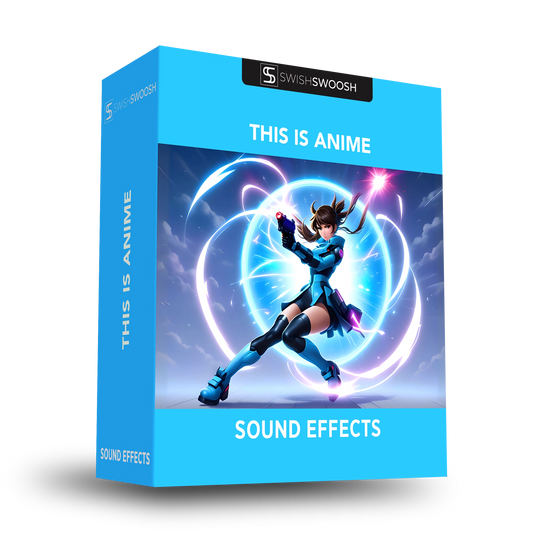
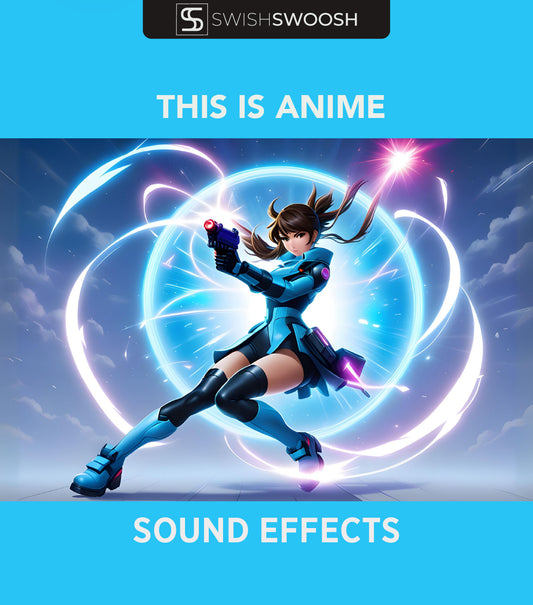

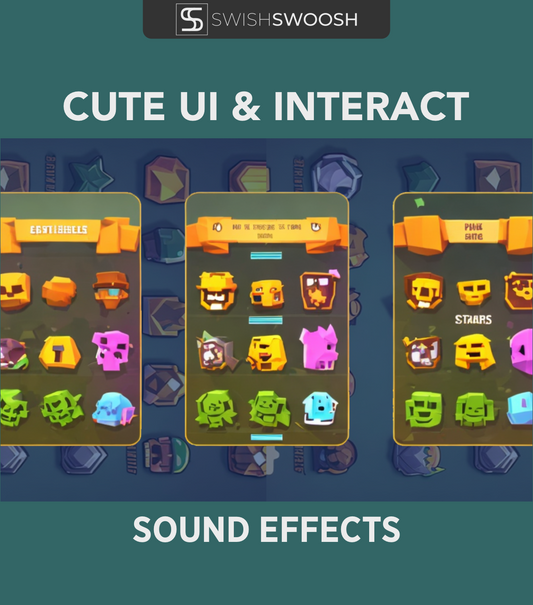




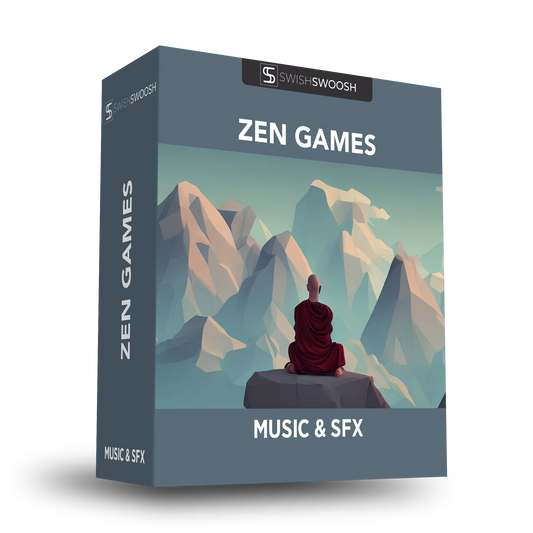
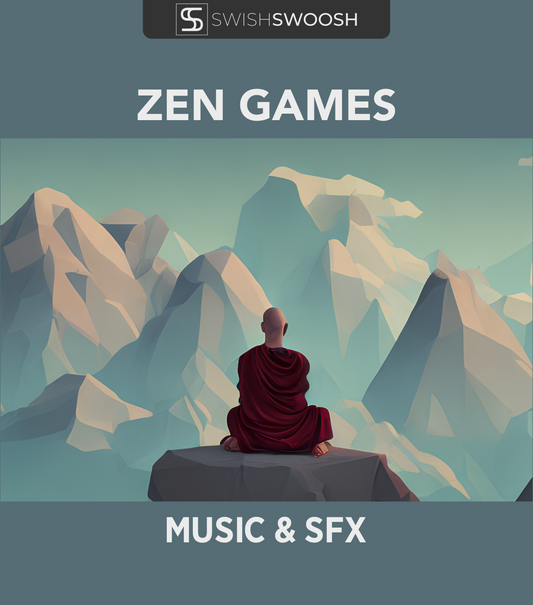
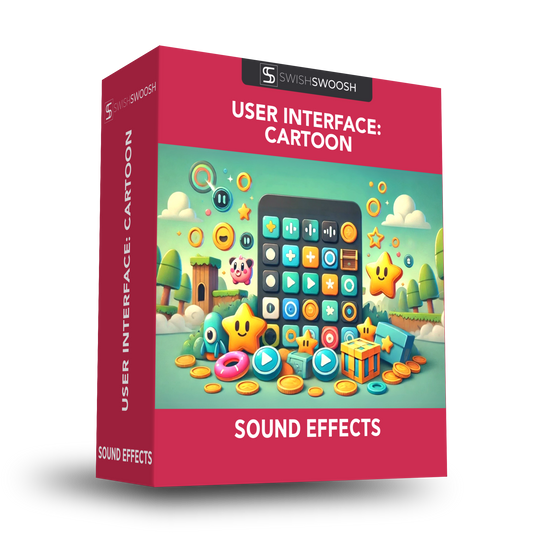
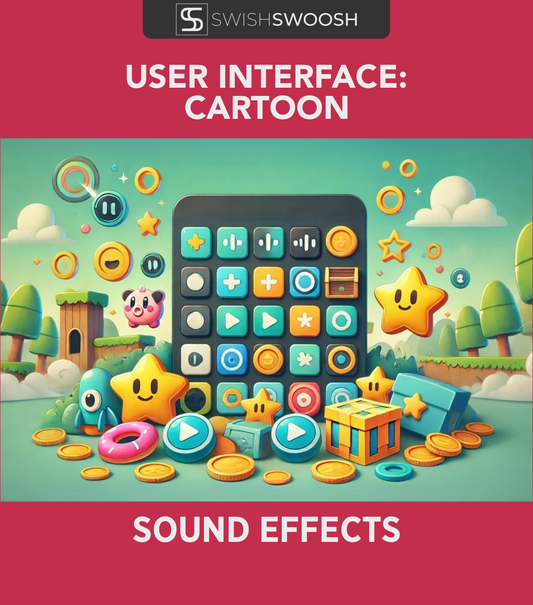
No comments